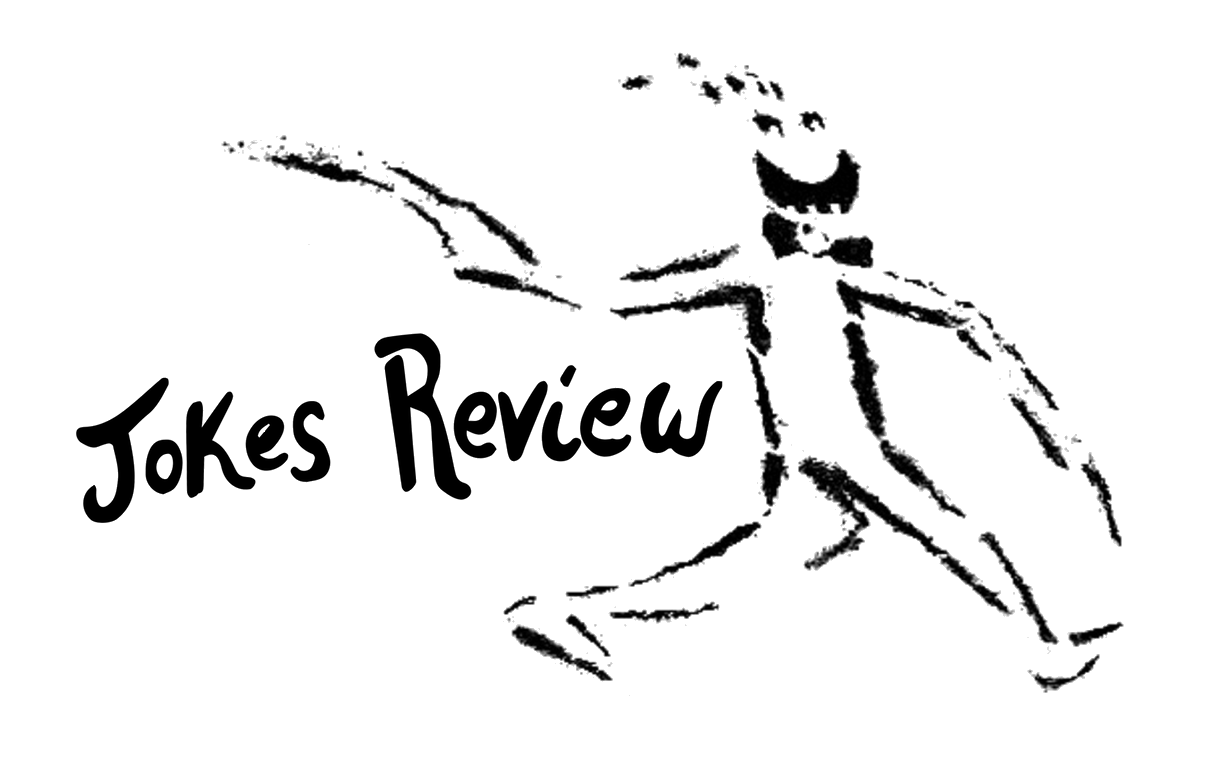Scatman’s World
A selection from “Hugo Ball and the Fate of the Universe” by Lane Chasek
If part of your solution isn’t ending the pollution, then I don’t want to hear your stories told. I want to welcome you to Scatman’s world.
I’m calling out from Scatland.
I’m the Scatman.
Tell me about the color of your soul. Scatman, fat man, black and white and brown man. I sit and see and wonder what it’s like to be in touch. Everybody’s talking something very shocking. Because while you’re still sleeping the saints are still weeping, because the things you call dead haven’t yet had the chance to be born. In other words, stillborn.
I’m lifting everything I can from John Paul Larkin, an American jazz pianist and vocalist who moved to Germany and became the superstar known as Scatman John in the mid 90s. It’s not Scotland, it’s Scatland, a land created and popularized by Larkin where everybody lives in perfect harmony with each other, regardless of color or gender, humanity and nature coexist in perfect harmony, and everybody speaks Scattish, a language which may or may not feel like sex in its spoken form.
Against my will, Larkin has morphed into the central figure of everything I’ve written so far. He had the vision, the nonsense, and the religious zeal that can only come from a healthy dose of disillusionment and wishful thinking. He scatted and dreamed utopia.
But before music, Larkin was just a stuttering boy who endured years of bullying because of his speech impediment. Everybody stutters one way or the other and Larkin had it worse than most people. When he took up the piano in his early teens he finally found a way to express himself that didn’t involve struggling to get from one phrase to the next. As a jazz pianist, there were only his hands, the keyboard, the recording studio, the audience, and his band members. Eventually he started scatting and singing over his piano. He never stuttered then. Most stutterers rarely stutter when they’re singing (or when they’re angry).
He took to cocaine and alcohol. His wife despaired over his health, but Larkin carried on. Nothing can stop the Scatman. Except for America and its lack of enthusiasm for jazz.
So he abandoned America and the American dream. He attended stutterering support groups, got sober, moved to Hamburg, Germany, and through sheer random, dumb luck landed himself a record deal with an executive who had the crazy idea that Larkin’s scat singing would mix well with the exploding Europop craze.
These were the foundations of Larkin’s new church: scat singing and the (hopefully) transformative power of music. Already in his mid-fifties, he became a popstar. America didn’t seem to care for long, but Germany and, surprisingly, Japan loved him. Especially Japan. And Japan loved Scatland, that realm of uncorrupted language, uncorrupted people, and uncorrupted landscapes. Like Ball, Larkin saw the nonsense coming from his mouth as a species of divinity, an unknowable set of instructions that could save the world if we would just unironically believe in it the same way Peter Pan and some indie musicians unironically believe in fairies.
It sounds like kid stuff, but that’s because it is. Can you think of anything better?
Teenage girls in Europe and Japan screamed his name, sometimes swooned over him. He loved this, but not for the obvious reasons.
“The whole thing behind Scatman,” Larkin said, “is that I don’t put out stuff that says kill a cop or overthrow a country. I put out positive stuff.”
The Word as light. Ignorance as darkness. Suffer the little children. The Word being unintelligible and unknowable to human ears and minds until the proper moment. Yadda yadda yadda. Scaddilydiddlybeebopbo.
Lane Chasek's stories, essays, and poems have appeared or are forthcoming in Broke Bohemian, Contrast, Hole in the Head Review, Jokes Review, Lincoln Underground, Paragon, Plainsongs, Sheila-Na-Gig, and others. They were the winner of both the 2016 and 2017 Laurus Poetry Prize, and their essay "Becoming Vegan in Western Nebraska" was the featured nonfiction selection in the anthology Voices of Nebraska: Diverse Places, Diverse Peoples (University of Nebraska Press, 2016). Besides writing, Lane enjoys watching 90s horror movies and cooking plant-based Sichuan recipes.

